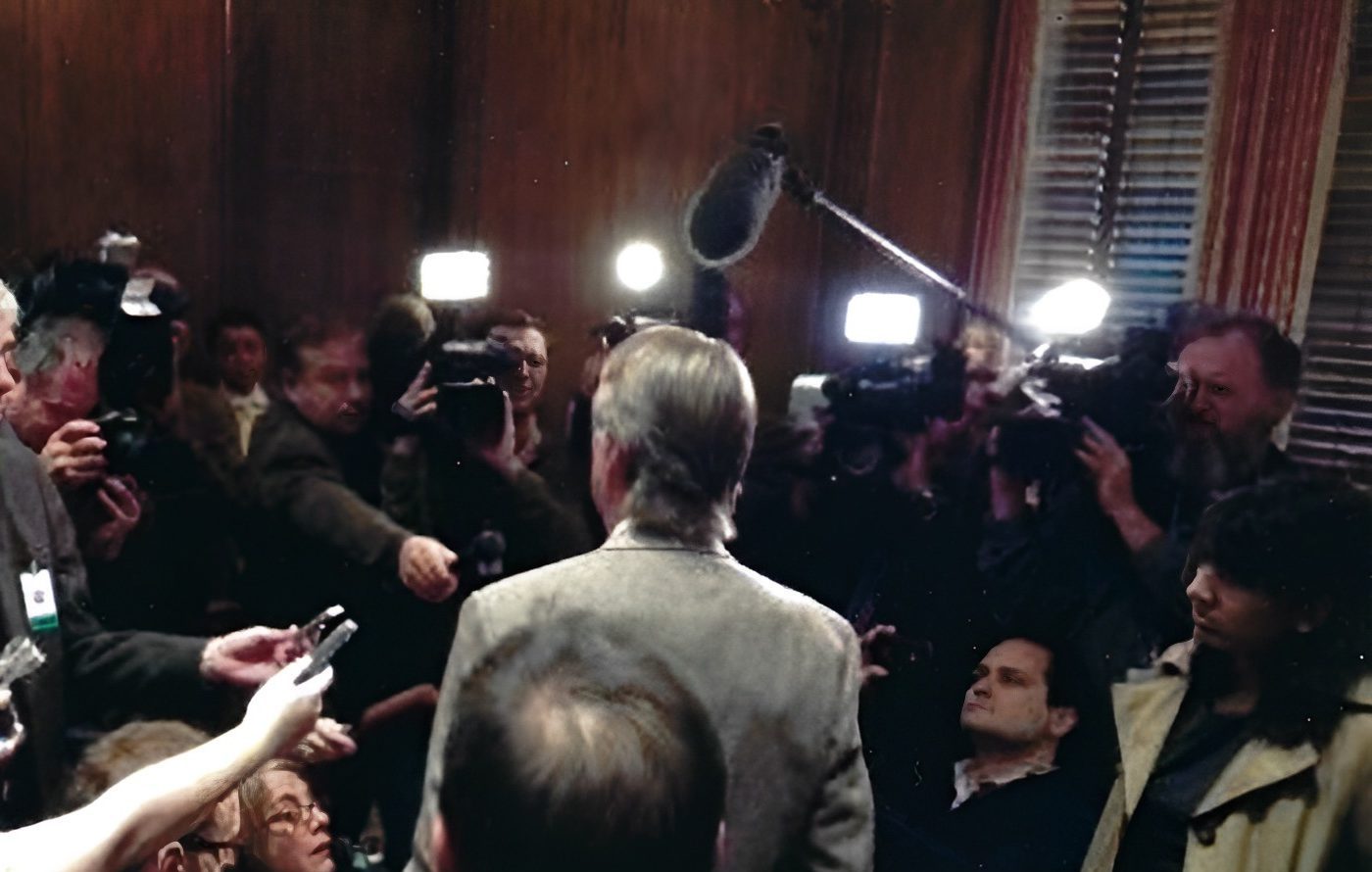Dear College President,
On campuses across the nation, presidents like you are navigating some of the most difficult decisions of their careers just as the semester winds down and they prepare for summer. The pressing need to combat intolerable episodes of antisemitism has evolved into a polarizing conversation about government funding and academic freedom. It’s a moment that demands consistent, values-based decisions and a coordinated messaging strategy.
I’m writing as someone who’s been in the room—advising university presidents, working with Jewish organizations, and guiding institutions through moments of public pressure and reputational risk.
This particular moment is unique. And yet, the dynamics feel familiar. The quote frequently attributed to Mark Twain—“History doesn’t repeat itself, but it often rhymes”—has never felt more relevant.
The circumstances may be new, but the pressures aren’t. I’ve seen what happens when presidents feel urgency to act, internal voices clash, and stakes escalate fast. It happened during #MeToo, as expectations around campus responses to sexual assault shifted. It happened when campus shootings and new gun laws raised urgent security concerns. And it happened last year, when anti-Israel encampments created hostile environments and disrupted learning.
What you do—and don’t do—and what you say—and don’t say—will shape how your institution is perceived. Not just on campus, but by your broader community, public officials, and the general public for years to come. The most effective college presidents take a few key actions to ensure their response is clear, consistent, and grounded in their institution’s values.
Know your red lines—and name them.
Some issues allow room to move. Others don’t. The key is knowing the difference—and making it unmistakably clear.
That means being upfront about what your institution won’t tolerate. Is it the return of encampments and distorted claims of genocide? Government interference in academic departments? The targeting of nonviolent international students by revoking their visas? Say so. These aren’t just boundaries—they’re your foundation when the pressure hits.
Politicians move their red lines all the time. They bend to the moment. Higher ed must do better.
Get Legal and Communications in the room together—early.
Your general counsel and your spokesperson see risk differently. Legal looks at liability. Comms looks at credibility. You need to be aware of both. Let them push on each other now, so you understand the array of risks and consequences and you’re not scrambling later. The result will be a stronger, more unified response.
Pressure test your message.
Run your response by trusted colleagues across campus—those who are closest to your community and understand the tensions. You’re not looking for approval. You’re looking for blind spots. Get the pushback early so you’re not caught off guard when it matters.
This isn’t the time for boilerplate. It’s a time for thoughtful leadership, clear strategy, and listening to trusted advisors who understand what’s at stake. That can mean the difference between shaping the narrative—or being shaped by it.
Gary Susswein
BandOne

